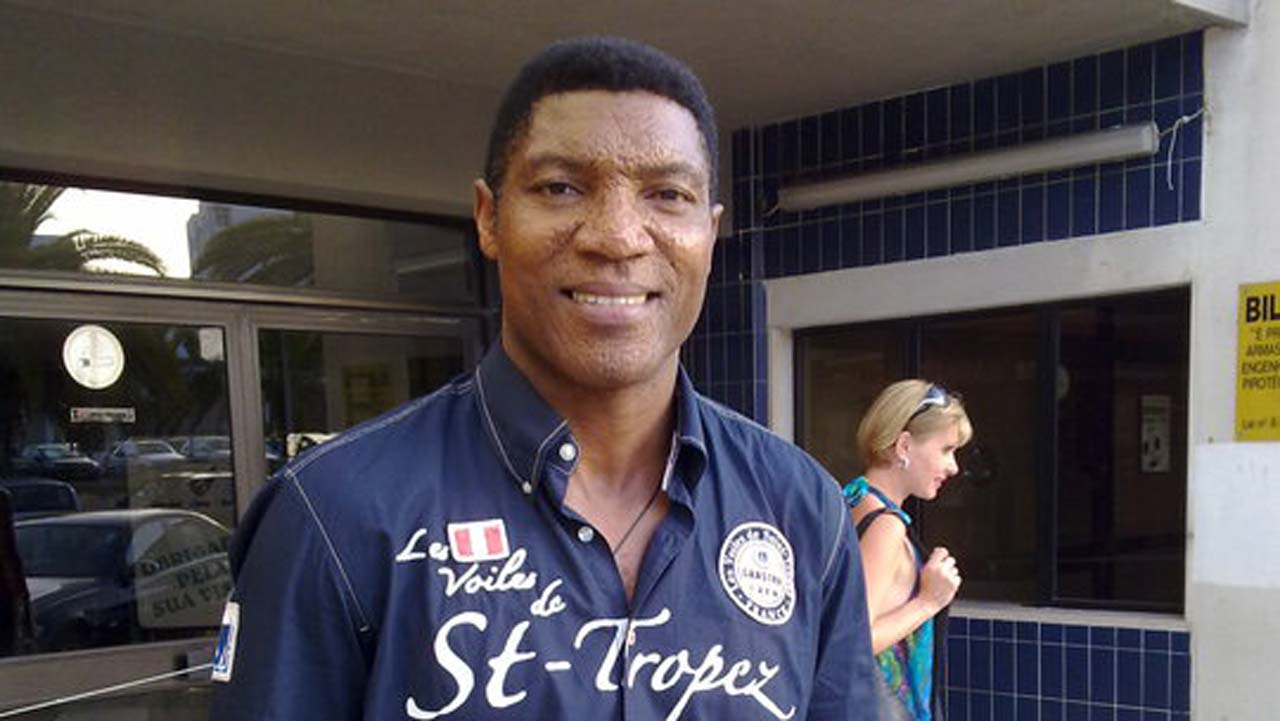A 22-year-old domestic worker has narrated what she passed through at her place of work.

According to reports, the young lady migrated to Accra, Ghana’s capital city from Dunkwa in the Central Region in search of a job.
It was learnt she had to drop out of school to work to support the treatment of her ailing mother and fund the education of her two younger siblings, she was poised and focused on working hard to make ends meet and, especially, to carve a niche for herself in the hospitality industry.
Thankfully, she found a job with an Indian family, to which she gave her all.
Her virtue of paying attention to detail and the ability to grasp new skills with minimum supervision from her Madam, Rajanthi Khatri (not the real name), made her an asset to the Khatri family. Her job description was to prepare two kids ready for school every morning and fix breakfast, lunch and supper.
Mr Thomas Khatri, the husband of Madam Rajanthi, became fond of Adwoa due to her hard work and perfectionism.

At a point this admiration got to a different level when Mr Khatri started making advances that were suggestive of intimacy towards the young lady.
“He could not take his eyes off me and often made advances that I was so uncomfortable with, sometimes to the extent of touching my body at sensitive parts,” Adwoa said.
As a result of Adowa not yielding to Mr Khatri’s romantic advances, he suddenly began to find faults with her work and sometimes abused her verbally and physically.
“I could not tell my madam about what her husband was doing for the fear of losing my job, which was my daily bread.
My madam suspected her husband’s actions and caught him in the act one day, which ended up in a hot exchange,” she said.
Madam Rajanthi, however, told Adwoa that she had to sack her because she was a threat to her marriage. “I cannot share my husband with any other person, and definitely not in my own house,” she said.
The unfortunate part of her woes was that her engagement with the Khatri family was not formalised as she was unaware of the fact that her work engagement required a contract to be signed under the law, which entitled her to certain conditions of service, as well as protecting her from other maltreatment, including wrongful dismissal.
Adwoa’s encounter is similar to the accounts of many domestic workers, majority of whom are women and are breadwinners, breaking their backs to make some income.





















